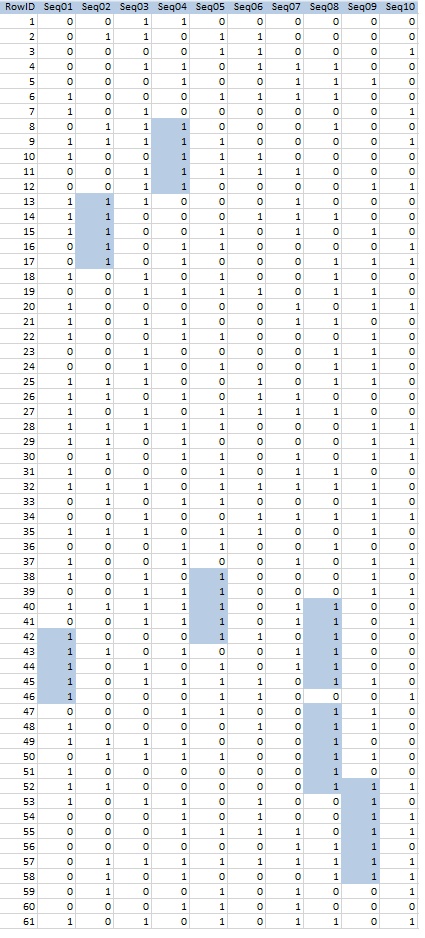There is no science to any of those things. It is just correlation. And correlation is easy to create, if that is your agenda. You just create columns and rows of inputs (food, chemicals, virtual pollution, astrological sign) and outcomes (better grades in school, less diabetes, autism) and if you try hard enough, you are guaranteed to create "statistical significance" and the illusion of risk.(1)
Prior to COVID-19, epidemiology and mouse studies did more to undermine trust in science than those mean Republicans could ever dream of doing now, and it was done without most academics raising any objection. How will the public know epidemiology claims about invermectin and hydroxychloroquine are bad when almost 100 percent of epidemiologists let lawyer-run groups claim bacon and a weedkiller can cause cancer go unchallenged on Twitter?
A new study takes it to the next level, claiming that smoking cessation and harm reduction products, like vaping, are linked to bulimia and anorexia.
That finding is as easy to manufacture as it sounds. Find people with eating disorders and look for those who claim to vape. If the time period when they have tried vaping is long enough - since the dose does not make the poison in epidemiology, any trace of a pathogen is instead the same as a pathological amount - then statistical significance can be manufactured.
And it is manufactured. This is a corporate survey (schools pay to participate) of primarily people who already had mental health concerns, It is no surprise that people who have a mental health issue, like anorexia, will use caffeine and nicotine to avoid eating. In the past, they would have smoked to get nicotine. Now they might vape. Is that healthier? Yes, 98 percent healthier. The problem they face is the eating disorder but this paper wants to claim vaping caused or enables their anorexia or bulimia. It is a real disservice to people with eating disorders to tell them it's their own fault for engaging in a lifestyle choice. It's no different than telling someone with anorexia they did it to themselves by drinking coffee.
They then go even farther and claim vaping is a gateway drug. There is no scientific evidence for that. Where did they get it instead? Epidemiology claims. Where too many insist on pretending that statistically significant results ‘prove’ some hypothesis. Even if they came up with the hypothesis after they looked at the data.
It is not fair to say epidemiology has no value, we actually owe the move away from smoking to epidemiology. But a group that was once so intellectually conservative they refused to believe there was a heritable risk to cancer now claims they can link anything to anything. And that is not informing public health.
NOTE:
(1) Want to show coin flips are biased against you? Drs. Henry Miller and Stan Young showed you can prove it using the exact same methodology the Harvard School of Public Health uses for their monthly 'X is a miracle vegetable!' and 'Y linked to cancer!' press releases. This coin flip analysis was designed the way many Harvard food frequency questionnaires are. If you are data dredging, you find the clumps of results you want, they don't need to be in the same location to declare statistical significance. If you have 61 rows and 10 columns, you are guaranteed to find some outcome you link to some input. If I say coin flips are prejudiced against heads, it is right there, and if I say it is prejudice against tails, it is right there.
So call Environmental Health Perspectives and get this paper showing coin flips are not random fast tracked, we have P < 0.05!

This is why is is a mistake when the public believes 'scientists will say the opposite in 6 months' about causes of cancer or better health. Scientists won't, that will instead be epidemiologists, but thanks to desperate media coverage, mouse studies and epidemiology claims get trotted into the public consciousness each week.




Comments